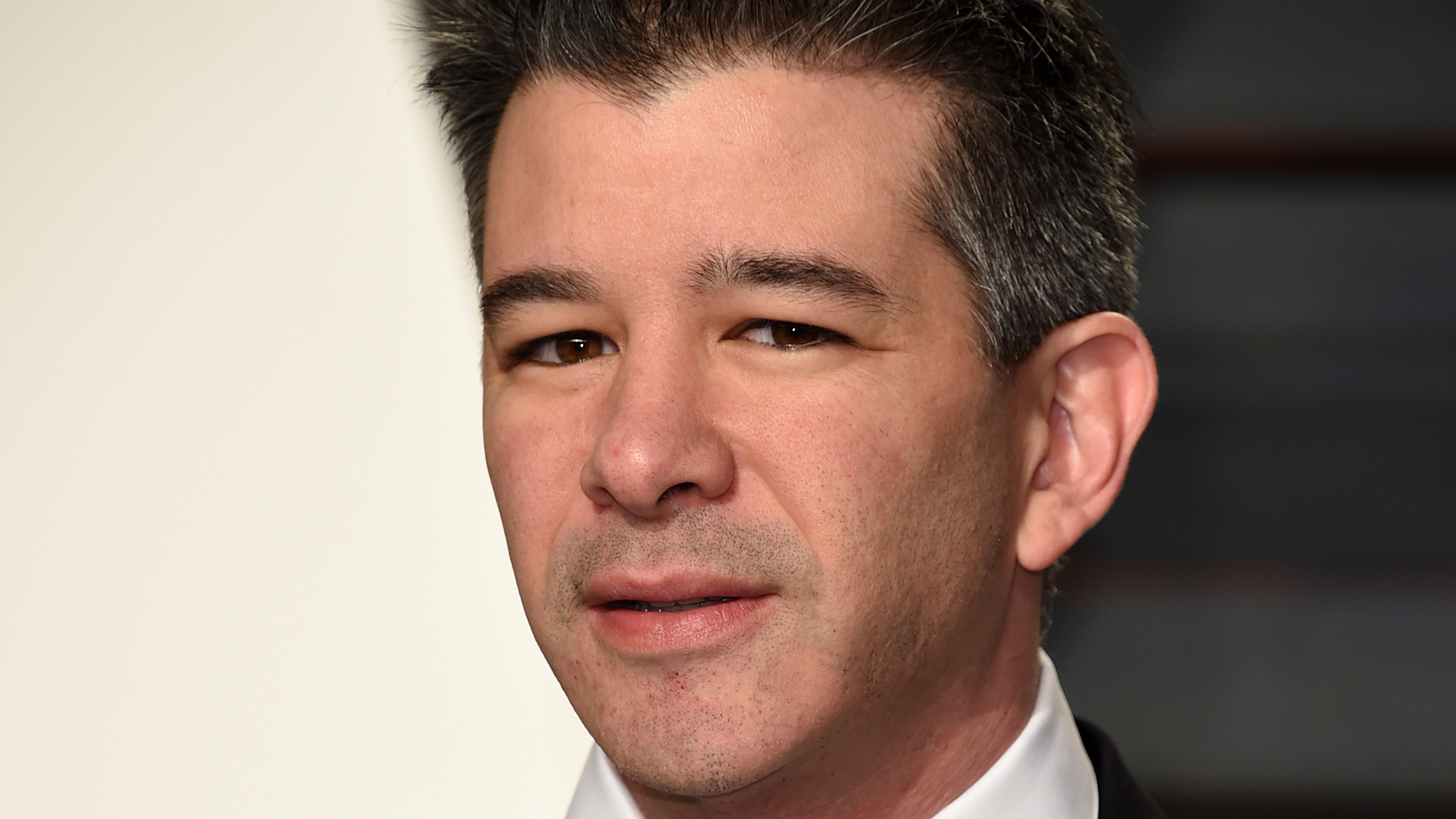

Uber just appointed a new CEO, ex-Expedia boss Dara Khosrowshahi, but the legal drama between former CEO Travis Kalanick and one of Uber’s main investors is still smoldering. Investment firm Benchmark’s lawsuit against Kalanick has threatened to create more strife just as Uber tries to rebuild itself, but the situation is now less severe. On Wednesday, a judge ruled that the case should go to arbitration, according to Recode. That means it will likely be resolved quickly and quietly.
At a hearing before Judge Samuel Glasscock of Delaware’s Court of Chancery, Kalanick’s lawyers argued—successfully, as it turns out—that the case should go to arbitration. Benchmark’s lawyers tried to get the judge to grant a status quo order that would effectively freeze Kalanick’s involvement with Uber. While he resigned as CEO in June, Kalanick retains a seat on Uber’s board.
Kalanick’s lawyers argued that Uber’s voting agreement calls for controversies that do not revolve around intellectual property to be submitted to arbitration. Benchmark argued that the disagreement could not be solved behind closed doors.
That disagreement stems from a decision last year to increase the number of seats on Uber’s board from eight to 11. Kalanick retained the right to fill those seats, giving one to himself. The other two remain unfilled. Benchmark has accused Kalanick of defrauding it and other investors, and of trying to stuff the Uber board with his cronies.
Benchmark previously indicated that it was concerned Kalanick would try to use his current position on the board to engineer his return as CEO. But the board’s decision to appoint Khosrowshahi appears to have nullified that argument.
Arbitration will likely move to a resolution quicker than a trial, and will occur out of the public spotlight. But an arbitrator could still grant the status quo order Benchmark seeks, locking Kalanick out of Uber’s business. Arbitration rulings also are typically binding, so Kalanick won’t be able to appeal if he loses.
And while Benchmark may be required to settle its differences with Kalanick in arbitration, the ex-CEO could still be a target for other lawsuits. Judge Glasscock noted that an investor who is not party to Uber’s voting agreement could file a lawsuit that wouldn’t automatically go to arbitration.
A protracted legal battle is the last thing Uber needs right now. The company already faces a lawsuit from Waymo over self-driving car intellectual property, and is trying to rebuild after numerous scandals. The day Khosrowshahi accepted the job as CEO, Uber revealed that it was being probed by the U.S. Justice Department over possible violations of bribery laws. In other words: The hits just keep on coming.